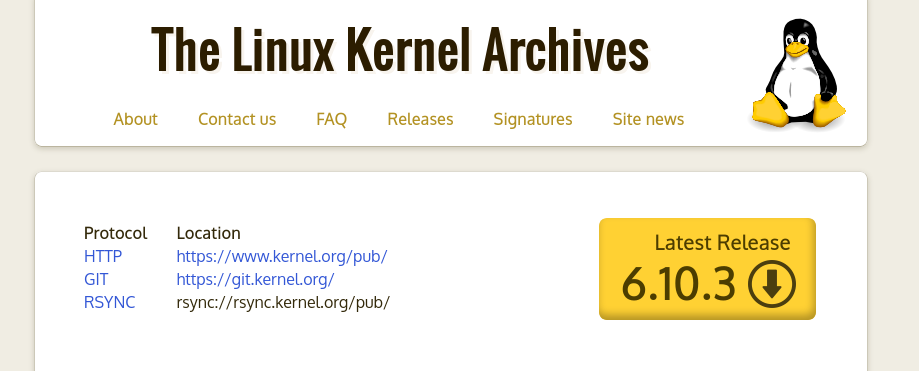As of May 2024, the Linux Kernel 6.9 series has officially reached its end of life (EOL) with the release of version 6.9.12. Users are now faced with critical security risks as the EOL status indicates that no further updates, including essential security patches, will be provided. This presents a significant concern for those who have not yet transitioned to a newer version, as their systems may be vulnerable to attacks.
For immediate alternatives, users can upgrade to the Linux Kernel 6.10.y branch, the latest release being 6.10.3. However, it is essential to note that this version is also non-long-term support (non-LTS), which means it will have a limited lifecycle similar to its predecessor. Therefore, users are encouraged to consider regularly updating their systems in accordance with their specific Linux distribution’s rolling update policies to maintain security and functionality.
For those who prioritize stability over frequent upgrades, long-term support (LTS) versions such as Linux Kernel 6.6 LTS and 6.1 LTS are available, both guaranteed support until December 2026. These versions provide a sense of reliability with less pressure for continuous updates.
Major GNU/Linux distributions, including Fedora, Ubuntu, and Linux Lite, are either transitioning to the 6.10.y branch or planning to do so soon. Users are advised to refer to their distribution’s official documentation for precise upgrade procedures.
Looking forward, the Linux Kernel mainline version 6.11-rc2 has been released and is currently under testing. This upcoming version will present yet another upgrading option for users still operating on the now obsolete 6.9 series. It is imperative for users to act promptly to safeguard their systems by upgrading to a supported version.

Another awesome post! I always look forward to your content.